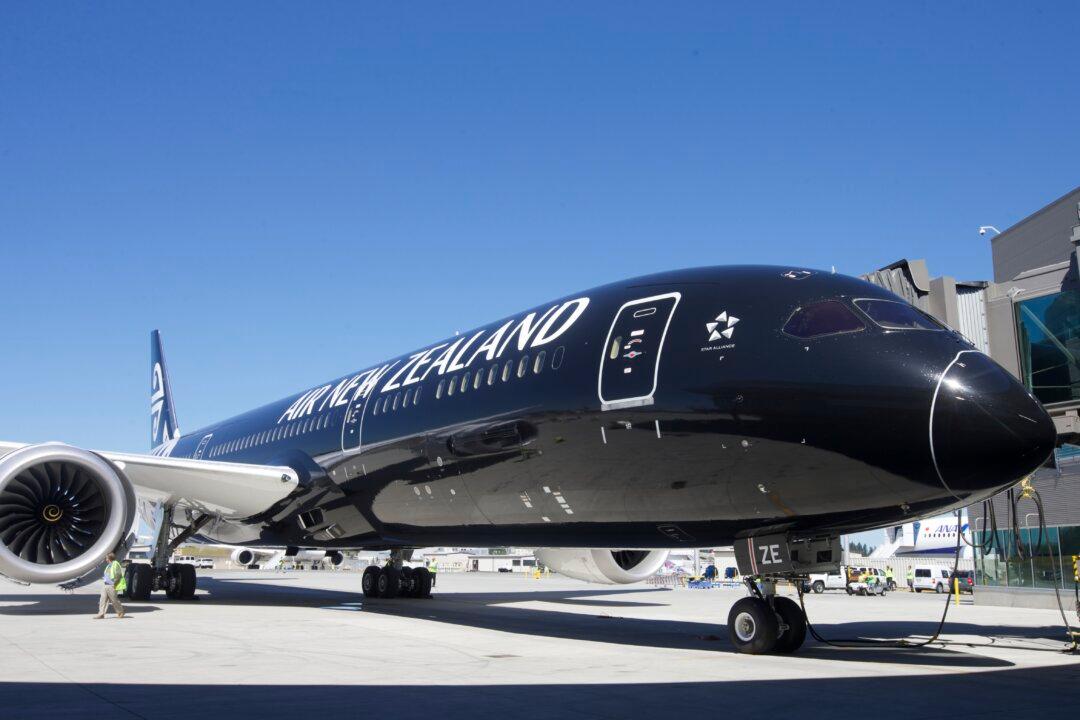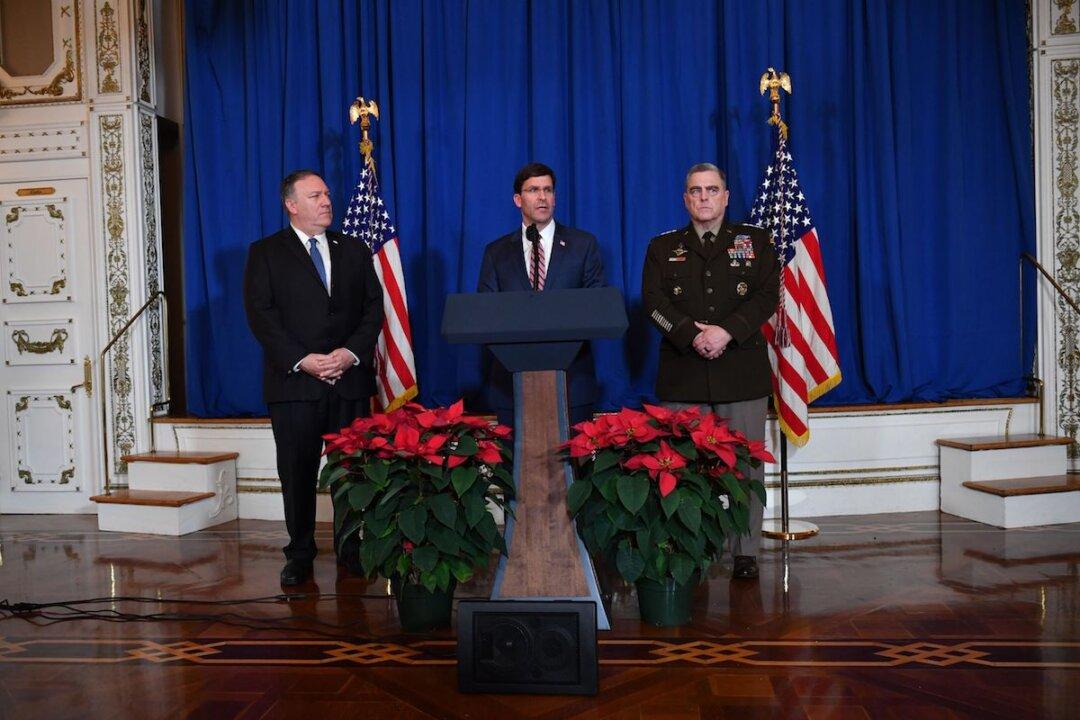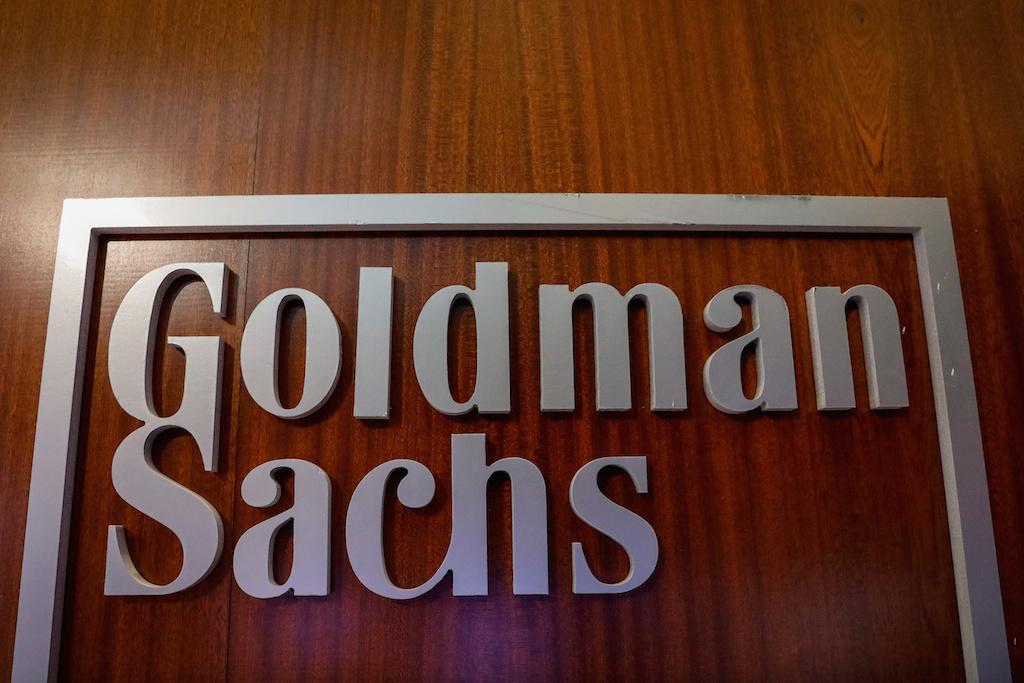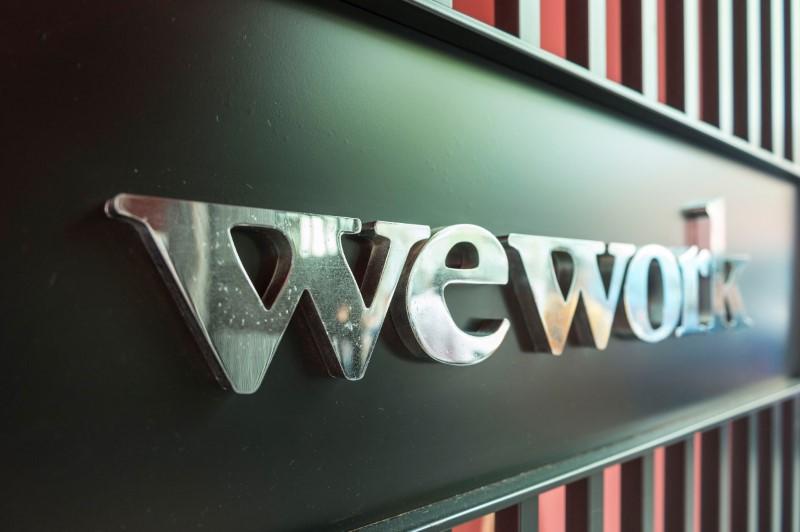Air New Zealand Ltd. agreed to buy eight Boeing Co. 787-10 aircraft, worth $2.7 billion at list prices, to replace and upgrade its long-haul fleet.
The Auckland-based airline also has an option to buy as many as 12 additional 787-10 aircraft, according to a statement released May 27. The company said it has negotiated a “significant discount” to the sticker price of the Dreamliners, which will be powered by GE Aviation’s GEnx-1B engines.




